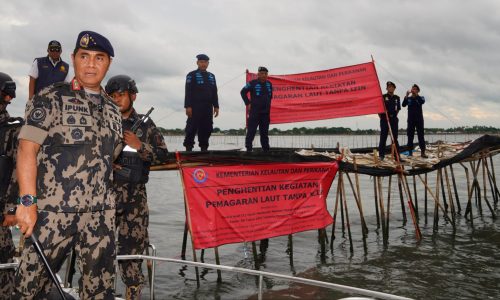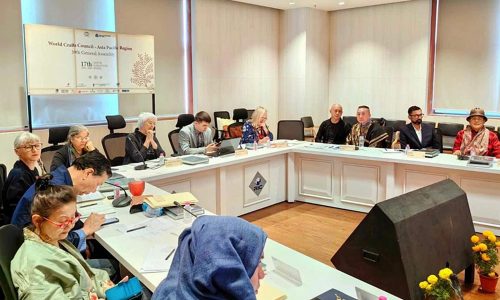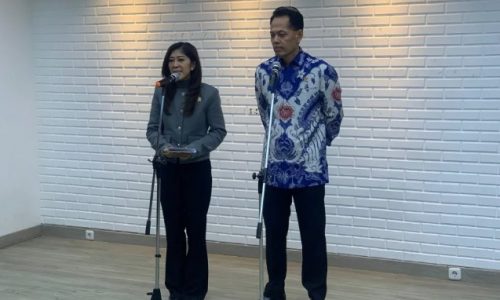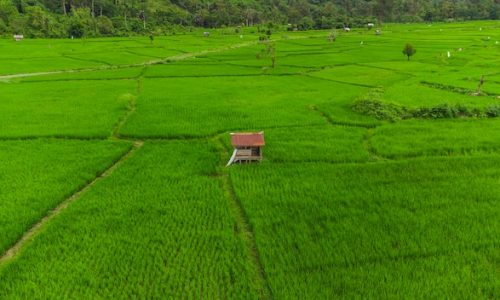Commuter Line service operator PT Kereta Commuter Indonesia (KCI) will increase its import of train sets from China to 11, due to State-owned train manufacturer PT Industri Kereta Api’s (INKA) inability to deliver the planned 17 train sets by 2025, but two units instead.
KCI Vice President for Corporate Communications, Anne Purba, said that all imported trains will arrive in the first half of next year. This delivery timeline is crucial as KCI will retire 19 train sets this year due to the end of their service life.
“The train set shortage will occur from the second half of this year until the first half of next year. Therefore, the retired train sets must be replaced with new ones by the first half of next year,” Anne said on Monday, July 1, 2024.
She noted that all imported train sets are from the same company, CRRC Sifang Co, in order to expedite the manufacturing process, as there is no need for a new design.
By avoiding the design process, the additional order of eight train sets from CRRC is more cost-effective. According to KCI, the total import value of the 11 new train sets is Rp3.03 trillion (US$185 million).
The initial three train sets, ordered earlier this year, are valued at Rp830 billion, while the eight new train sets are worth Rp2.2 trillion. The price difference per train set is Rp1.66 billion.
State railway operator PT Kereta Api Indonesia (KAI) is currently requesting Rp2 trillion in state capital injection (PMN) this year to rejuvenate KCI’s fleet until 2027.
KCI requires Rp9.18 trillion to replace 37 train sets by 2027. This includes 24 new train sets from INKA, 11 from CRRC, and two retrofit train sets from INKA.
PT INKA plans to add a stainless steel train set production line in Banyuwangi, East Java, next year and is seeking an additional Rp965 billion in state capital this year.
KCI President Director, Asdo Artriviyanto, previously said that the procurement of new trains aligns with the projected demand for Commuter Line users in Greater Jakarta, which is expected to reach 1 million daily users by 2024-2025. In 2023, the average daily ridership was 850,000.
Asdo reported that the total number of Greater Jakarta Commuter Line users in 2023 was recorded at 290.89 million, a 38 percent increase from 239.25 million in 2022. He predicted an annual growth of 4 percent, or 16.98 million users.









